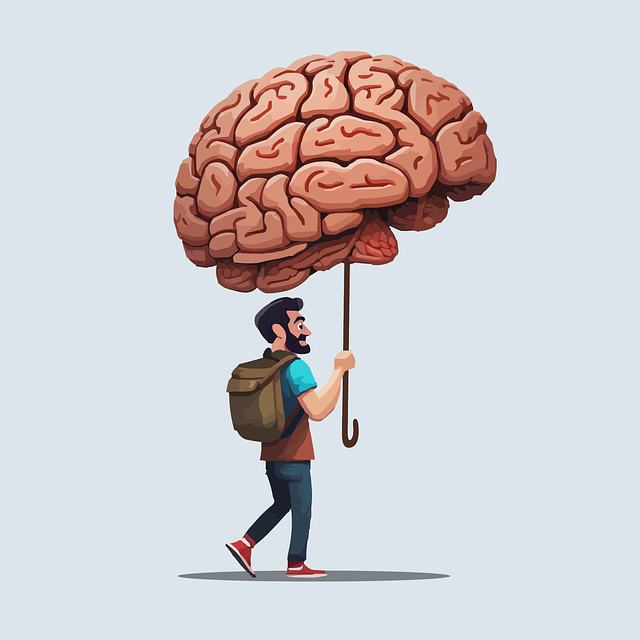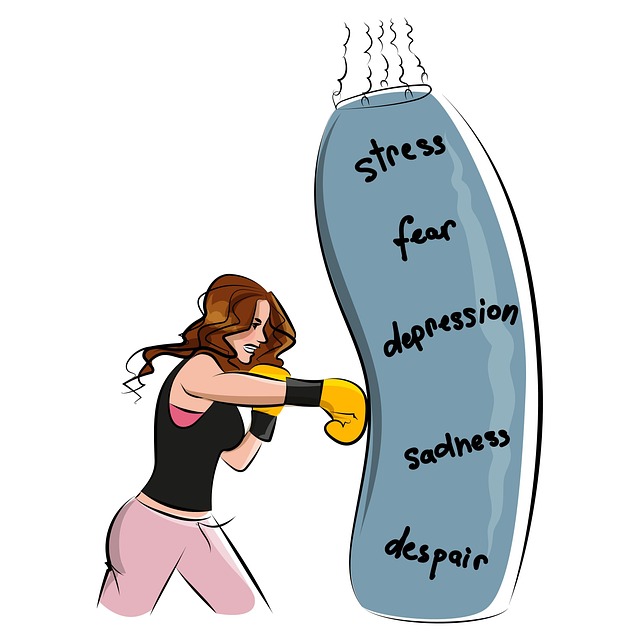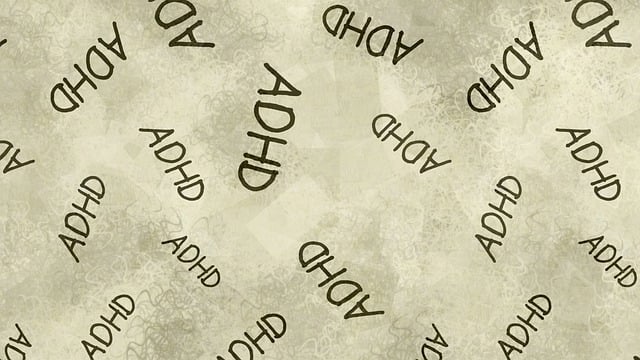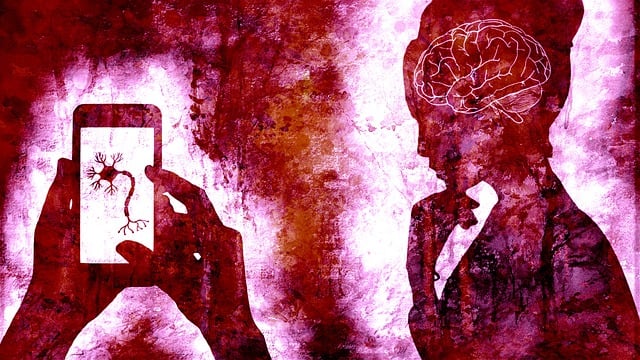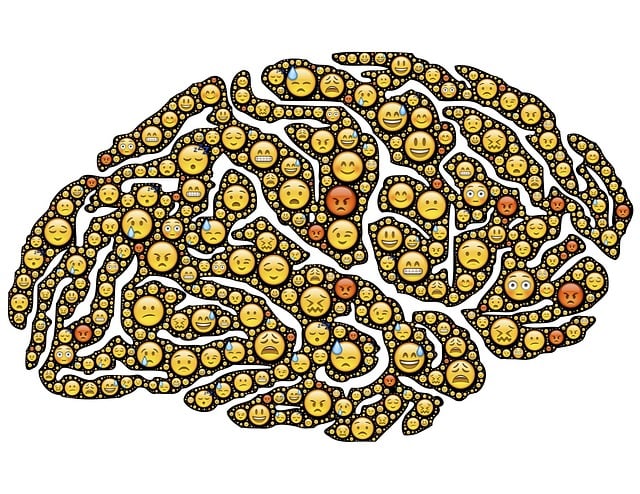Crisis Intervention Teams (CITs) are crucial in addressing children's mental health challenges, especially chronic pain. By integrating these teams into schools and communities, we ensure timely support and promote better wellness outcomes. CIT training equips members with conflict resolution skills and specialized therapy for children chronic pain, boosting confidence and creating safe spaces for expression. This approach not only improves individual mental health but also fosters a supportive community environment where peers learn from each other, contributing to overall resilience. Effective programs like these are vital in empowering caregivers and professionals to support young people facing chronic pain through evidence-based practices, holistic understanding, and structured interventions like play therapy and CBT.
“In today’s complex landscape, crisis intervention teams (CITs) emerge as a vital resource in addressing children’s mental health. With an increasing focus on youth well-being, understanding and implementing effective CIT training programs are essential. This article delves into the critical role of these teams, particularly in managing chronic pain among young individuals—a hidden struggle often overlooked. We explore comprehensive training initiatives that equip caregivers and professionals with tools to support children in crisis, drawing from real-world success stories in therapy for children with chronic pain.”
- Understanding Crisis Intervention Teams: A Vital Resource for Children's Mental Health
- The Impact of Chronic Pain on Youth: Unveiling Hidden Struggles
- Training Programs: Equipping Caregivers and Professionals with Effective Tools
- Strategies for Supporting Children in Crisis: A Comprehensive Approach
- Real-World Applications: Success Stories from Child Crisis Intervention
Understanding Crisis Intervention Teams: A Vital Resource for Children's Mental Health

Crisis Intervention Teams (CITs) are a vital resource in addressing children’s mental health challenges, particularly those suffering from chronic pain. These teams typically consist of healthcare professionals, teachers, social workers, and sometimes even peers, who collaborate to provide immediate support during acute crises. By integrating CITs into schools and communities, we can ensure that young individuals receive timely assistance, promoting better mental wellness outcomes.
The role of these teams goes beyond crisis management; they aim to boost confidence in children facing chronic pain by offering a safe space for expression and coping strategies. Through specialized training, CIT members learn conflict resolution techniques, enabling them to mediate intense situations effectively. This approach not only improves individual students’ mental health but also fosters a supportive environment where peers can learn from each other, contributing to overall community resilience.
The Impact of Chronic Pain on Youth: Unveiling Hidden Struggles

Chronic pain can profoundly impact young individuals, often hidden beneath the surface of their youthful energy and resilience. What begins as occasional discomfort or a specific injury may evolve into a constant companion, affecting every aspect of a child’s life. This silent struggle can lead to a range of emotional and psychological challenges, including depression prevention and significant drops in self-esteem. The pain becomes more than just physical; it shapes their perceptions, interactions, and overall well-being.
The impact extends beyond the individual; it influences family dynamics and social connections. Self-awareness exercises and therapy for children with chronic pain become essential tools to navigate these complexities. By addressing the underlying emotional issues and fostering self-esteem improvement, intervention programs can empower young people to manage their condition more effectively. These initiatives play a crucial role in preventing long-term psychological scars and promoting resilience amidst adversity.
Training Programs: Equipping Caregivers and Professionals with Effective Tools

Effective crisis intervention team training programs are instrumental in equipping caregivers and professionals with essential tools to support children experiencing chronic pain. These programs go beyond traditional medical approaches, integrating evidence-based practices such as mindfulness meditation, trauma support services, and conflict resolution techniques. By fostering a holistic understanding of childhood chronic pain, participants learn to navigate complex emotional landscapes and provide tailored interventions that address both the physical and psychological needs of young patients.
Through immersive training, caregivers gain valuable insights into the impact of chronic pain on a child’s development and well-being. They learn effective communication strategies, emotional regulation techniques, and coping mechanisms designed to enhance resilience and improve quality of life. Moreover, these programs emphasize the importance of building supportive environments that encourage open dialogue, ensuring children feel heard and understood during challenging times.
Strategies for Supporting Children in Crisis: A Comprehensive Approach

Children facing crises, whether it’s acute trauma or chronic conditions like persistent pain, require specialized support. A comprehensive approach to crisis intervention involves a multi-faceted strategy tailored to their unique needs. This includes integrating various therapeutic methods such as play therapy and cognitive behavioral therapy (CBT) designed to help them process emotions, understand triggers, and develop coping mechanisms.
Furthermore, teaching conflict resolution techniques through structured programs and exercises can empower children to navigate challenging situations healthily. Encouraging mental wellness journaling can provide an outlet for expression, helping them make sense of their experiences and emotions. Public awareness campaigns focused on normalizing conversations around childhood crises can also play a significant role in breaking down barriers and ensuring children receive the necessary therapy for chronic pain or other challenges they face.
Real-World Applications: Success Stories from Child Crisis Intervention

In the realm of child crisis intervention, real-world applications of specialized training programs have led to remarkable success stories. These initiatives focus on providing immediate support and long-term solutions for children facing various challenges, including those with chronic pain. By integrating therapy for children chronic pain into their curriculum, these programs empower young individuals to build resilience and develop inner strength.
The impact is profound; participants often exhibit improved coping mechanisms, better stress reduction methods, and enhanced emotional regulation skills. Success stories abound, with children not only managing their chronic pain more effectively but also showing increased resilience in the face of future adversities. Such interventions cater to a holistic development approach, nurturing both the mind and body, which is crucial for fostering healthy individuals capable of navigating life’s complexities.
Crisis intervention team training programs play a pivotal role in equipping caregivers and professionals with the necessary tools to support children facing mental health crises, particularly those experiencing chronic pain. By implementing evidence-based strategies outlined in these programs, we can significantly enhance the quality of care provided to young individuals, ensuring they receive the comprehensive support they need to navigate their challenges and foster healthy development. Through real-world applications and success stories shared in this article, it’s evident that investing in crisis intervention training is a game-changer in children’s mental health therapy, especially for those suffering from chronic pain.
